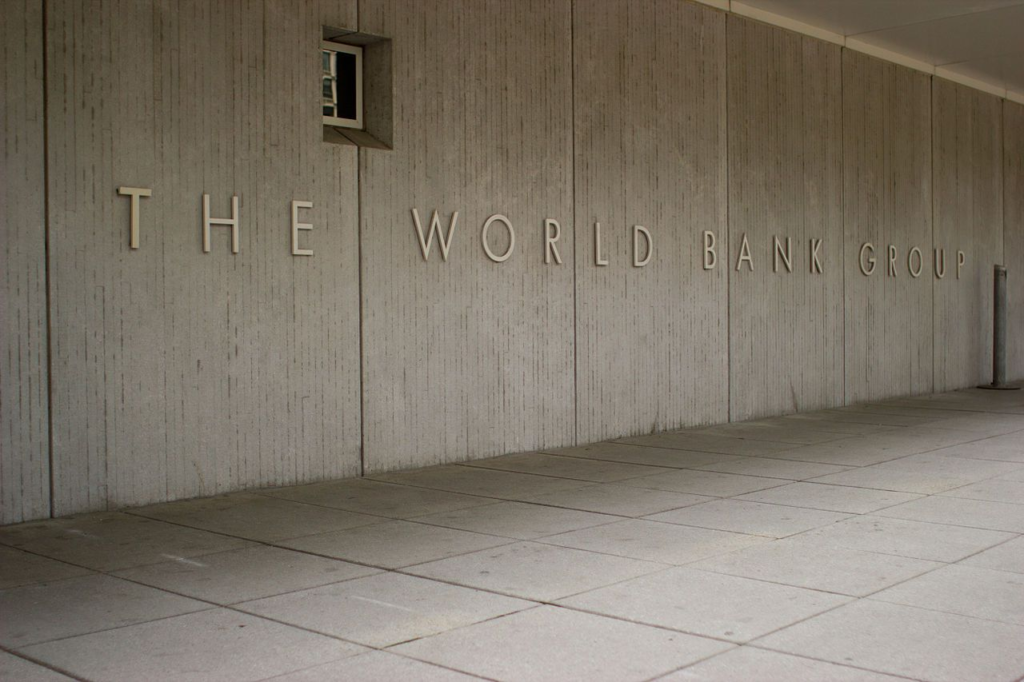The World Bank’s board of directors approved a $500 million project in Brazil to expand sustainability-linked finance, strengthen the private sector’s capacity to access carbon credit markets, and assist the country in combating deforestation.
The initiative, in collaboration with the Brazilian state-controlled lender Banco do Brasil, takes a sustainable lending approach to help Brazil meet its climate goals and provide “robust” mitigation benefits, according to a bank statement.
When a company meets specific environmental, social, and governance (ESG) requirements, sustainability-linked financing (SLF) allows for lower financing costs but does not require the funds to be used for climate-friendly purposes.
The World Bank and its partners launched a global tracking system in early December to clean up the opaque carbon credit market and help developing countries raise much-needed climate finance more quickly and cheaply.
Carbon credits are sold to polluters to offset their emissions, help them reach net-zero emissions and limit global warming. Carbon credits are generated through activities such as planting forests or removing climate-damaging carbon dioxide from the air.
“Up to 90 million tCO2e in emission reductions are expected by 2030, the equivalent to about 4.5% of what Brazil needs to stay on track with its net-zero commitments,” the World Bank said.
The project is also expected to raise up to $1.4 billion in private capital through financing expansion by Banco do Brasil and private investors.
“Brazil has significant potential to become a global leader in the transition to a low-carbon economy”, said Johannes Zutt, World Bank country director for Brazil. “To do so, urgent action is required to complement public interventions with private solutions and financing.”
According to the World Bank, the project takes a “innovative, outcome-based financing approach” that encourages firms to adopt and implement credible GHG emission reduction plans to reduce their company-wide carbon footprint, as well as connecting these firms to high-quality carbon markets.
Banco do Brasil will be able to offer its clients packages that combine financing with assistance in accessing carbon markets via a “one-stop shop,” as the World Bank put it.
The project directly contributes to the World Bank’s current partnership with Brazil, which focuses on equitable and sustainable development, including support for Brazil’s efforts to reduce GHG emissions and adapt to the effects of climate change. The bank said that developing financial instruments to reduce carbon emissions across economic sectors is critical to achieving this goal.
